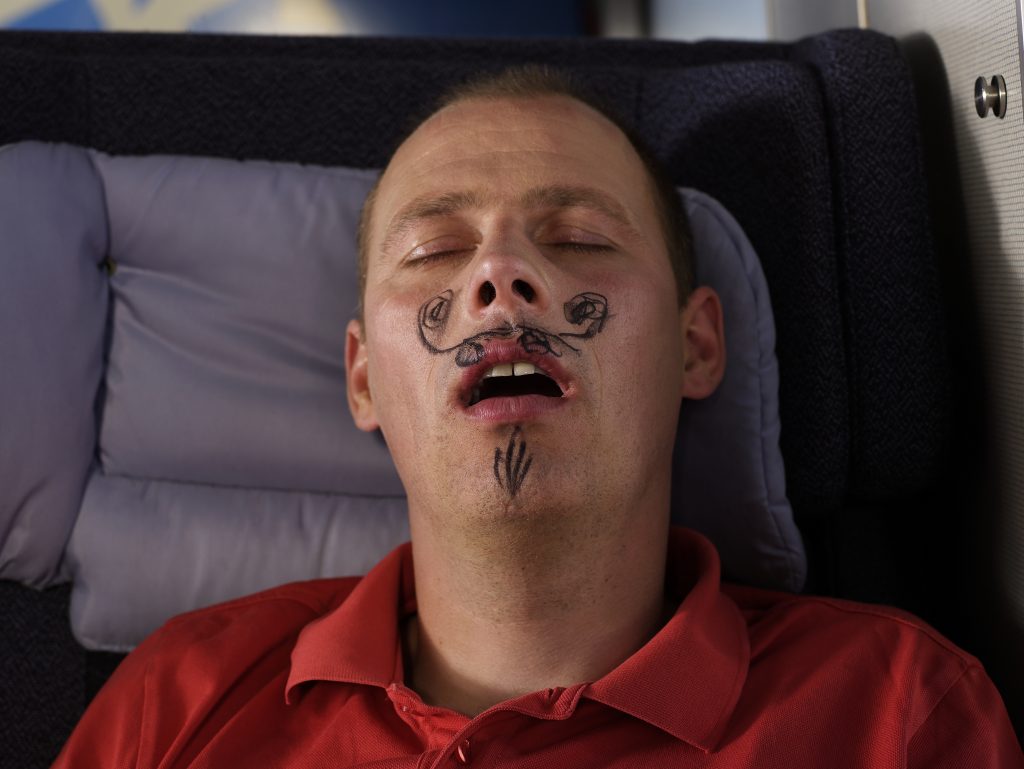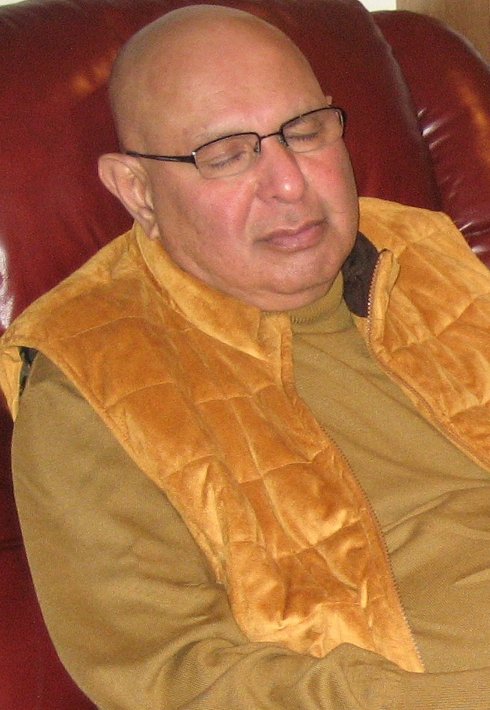One month has gone by. How are you doing with your weight loss program? For those who continue to struggle, here is some good news.
A study published in Psychoneuroendocrinology says that getting enough rest promotes weight loss. Without enough deep sleep, fat accumulates.
Two hormones in our body, ghrelin and leptin, control our appetite. Ghrelin increases hunger and leptin promotes feelings of fullness. Researchers found that in chronic insomniacs there is a significant disruption of night time ghrelin levels and this increases their appetite during the day.
In addition, in chronic insomniacs, there is increase in the levels of stress hormone cortisol which increases cravings for high-carb, high-calorie foods. Furthermore, the brain secretes growth hormone during the deep-sleep phase, helping the body convert fat to fuel, says a report in the Scientific American Mind.
It is estimated that 10 to 40 per cent of people suffer from some sort of insomnia. This is only an estimate as nobody has yet defined what constitutes normal sleep.
Most adults sleep seven to eight hours a night. Newborns and children may sleep up to 16 hours a day. Older people may sleep only six hours a night. There is no magic number. If you are tired the next day or are yawning all the time then you need more sleep.
The quality of sleep you get is also important. The quality and quantity of sleep depend on many factors like your health, your lifestyle and your environment.
In a survey done in the United States, it was found that many patients with insomnia have other medical problems. Thirty per cent of the patients have depression, 20 per cent have other mental disorders, and 19 per cent have other illnesses. But 31 per cent of the patients have primary insomnia (i.e. they have no medical condition contributing to insomnia).
“The prevalence of insomnia has also been reported to be higher in women, women in minority groups, people who are unemployed or separated, lower socioeconomic groups and in those with medical or psychiatric (particularly substance abuse) disorders,” says an article in the Canadian Medical Association Journal.
Workaholics spend many sleepless nights to accomplish their tasks. They ask, “Why do we need to sleep?” Experts say we need sleep to rest. Sleep allows the brain and the body to recover and restore itself. So we can be fresh for the next task. Now we know we can lose weight as well.
It is very important that you consult your doctor if you have trouble falling asleep or cannot remain asleep for an adequate length of time. The cause of your insomnia could be stress, depression, anxiety, panic attacks, spastic bladder, arthritis, hyperthyroidism, congestive heart failure, obstructive sleep apnea, restless leg syndrome or lung disease. You may be overindulging in caffeine or alcohol. Or there may some other cause.
Your physician can help you sort some of these problems by recommending regular daytime exercise, avoiding large meals at night, avoiding caffeine, tobacco and alcohol; reducing evening fluid intake; maintaining a consistent wake-up time; avoiding or limiting daytime napping and avoiding bright lights (including television), noise and temperature extremes. In some circumstances he may recommend medications.
Remember, there are three things required to lose weight: a low calorie healthy diet, regular exercise and enough sleep.
Start reading the preview of my book A Doctor's Journey for free on Amazon. Available on Kindle for $2.99!




